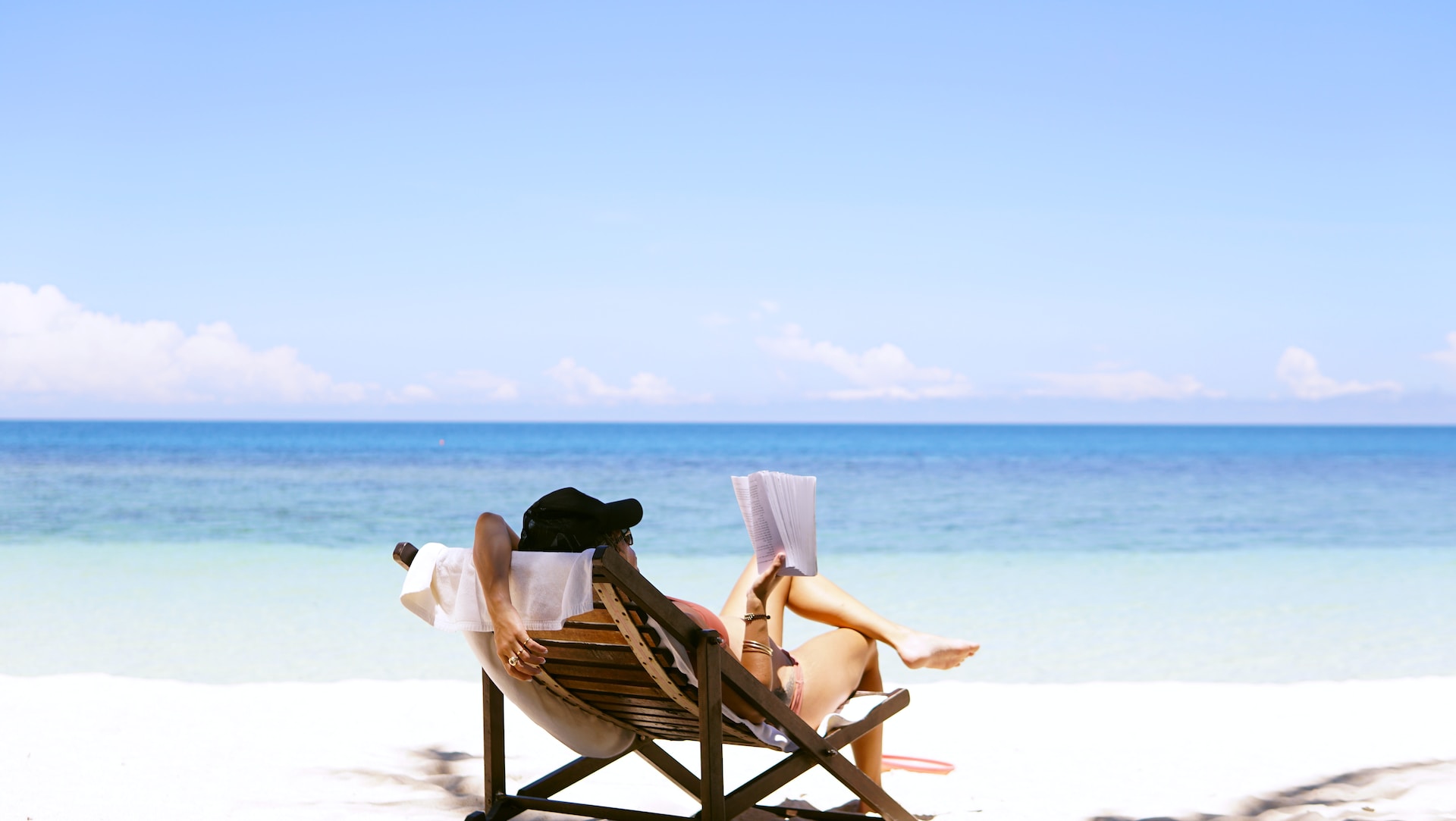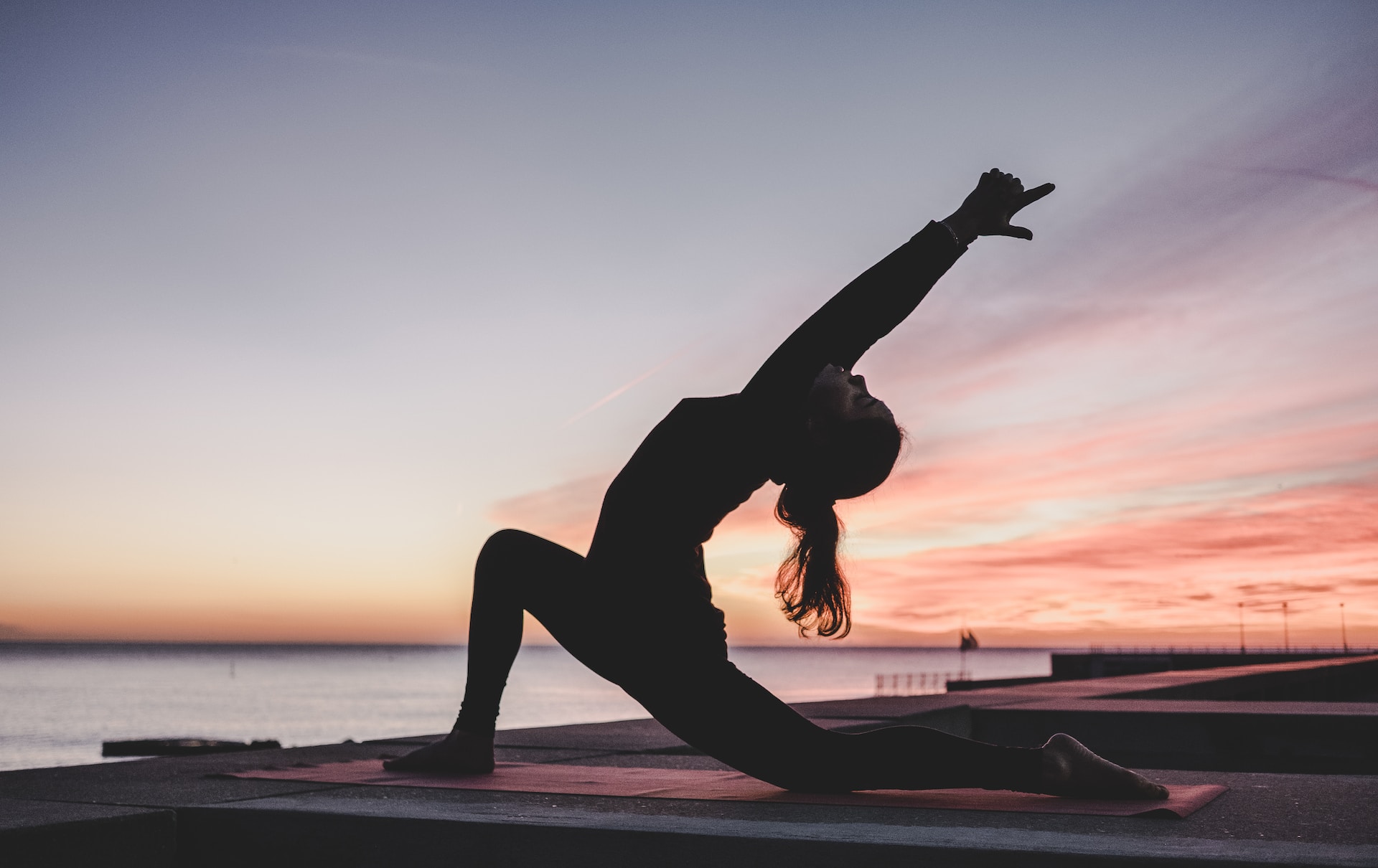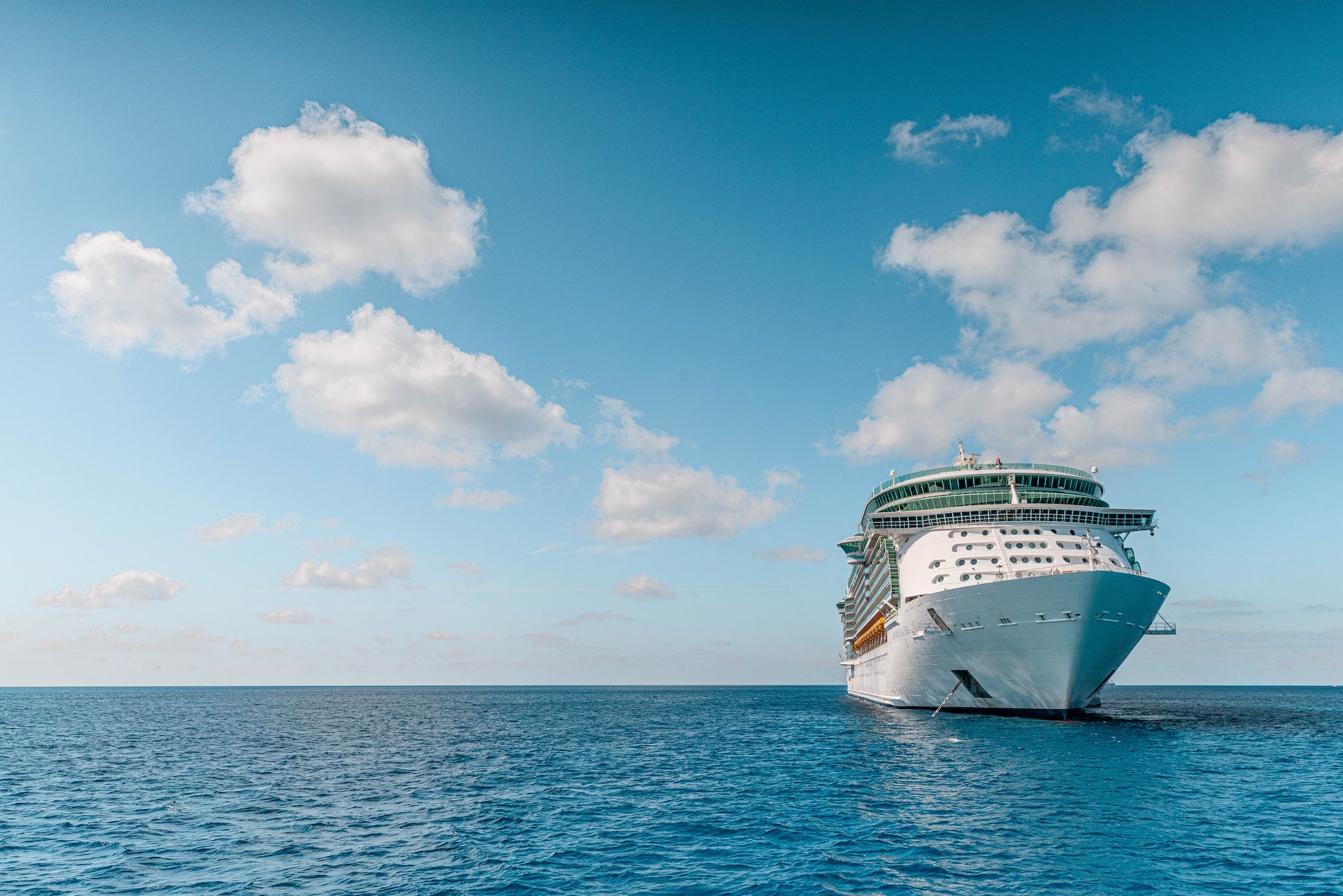Winter Travel Tips
As professional travel advisors, it’s our job to stay up to date and keep you informed about the ever-changing world of travel. Below you will find our latest batch of travel tips to help you travel better. Please read on and, if you have any additional questions regarding these topics or others, we’re only a phone call, email or text away.

Photo: Vacation
The value of wellness travel for winter
In our hyper-connected, over-stimulated world, we all need some dedicated time to retreat, refresh and recharge. Taking care of yourself physically and mentally should be a year-round goal, but it’s most important during the winter months when cooler temperatures and less sunshine deliver a 1-2 punch to our happiness levels. One excellent defense — and one travel advisors can personally vouch for — is taking a wellness vacation. Here are different ways to add some much-needed wellness to your next vacation, whether that’s this winter or next year.
Types of Wellness Travel
There are many ways a well-timed vacation can chase away the winter blues. Escape on a weekend trip to a luxurious hotel or resort that offers spa packages where treatments, healthy meals and group activities such as yoga are included with the price of your room. Head to the closest big city and treat yourself with a shopping extravaganza and glitzy entertainment. Or go all-in at a dedicated spa resort that draws from the heritage of its unique surroundings, incorporating ancient rituals and local customs into their programs.
Best Destinations for Wellness Vacations
Wellness vacations are a lot like real estate: It’s all about location, location, location — as anyone who’s spent significant time in the mountains or by the sea can attest to. There’s just something about being by the ocean, hearing the crashing waves and feeling the sea breeze against your face; or being in the desert and seeing nothing but an endless landscape of majestic rock formations that makes you leave all your winter worries behind.
The islands of the Caribbean and seaside towns in Mexico always score high with wellness travelers. Once you step off the plane and breathe in the ocean air, looking out at the turquoise sea and walking barefoot through the smooth white sand with a cool daiquiri in hand, the bothers of daily life are all but forgotten. Most all-inclusive resorts also include indulgent spas, so you can join a meditation group at sunrise, have a hot-stone massage by noon and an incredible dinner in the evening.
For a more upscaled island getaway, Hawaii is happy to provide the healing properties that only a tropical paradise can bring. Whether or not you believe that the islands’ volcanic energies are operating at higher chakra frequencies, it can’t be denied that the placement of verdant jungles and rolling hills next to bright-blue ocean waters and clear skies makes for a special soul-soothing quality.
Of course, there are hundreds of destinations around the world that will help you enjoy some much-needed rest and relaxation. Talk to our travel advisors to personalize a wellness vacation that will have you smiling all winter long.

Photo: Yoga class during a vacation
Tips for first-time cruisers
For those who have never stepped foot on a cruise ship, you may have a few questions. And rightly so! While cruising may seem like a simple endeavor to some — you step on board and go where the ship takes you — there are a lot of small things you can do to ensure that your vacation exceeds all expectations. As avid cruisers ourselves, we’ve put together this list of tips to help you make the most of your cruise.
Choose a Balcony Stateroom: It’s worth it to upgrade to a balcony stateroom or suite. Having that personal outdoor space to sit peacefully and enjoy the ocean vistas will come in handy throughout the voyage.
Arrive the Day Before: Flying to your departure port early in the morning is not a pleasant way to begin your voyage. Arrive a day early and enjoy the port city — we can help you with hotel reservations and destination highlights.
Tour the Ship: As soon as you step on board, learn your way around as best you can, especially in relation to your cabin location. Be sure to notice the carpet; it often has signs to point out where the front and back of the ship are located, giving you a much-needed bearing.
Avoid the Buffet on Embarkation Day: Everyone goes straight to the buffet for lunch on embarkation day. Instead, scout out the smaller restaurants around the pool area and grab a gourmet veggie burger and boardwalk fries.
Make Reservations: Specialty restaurants and spas can fill up quickly, especially at peak times of the day, so make reservations as soon as possible. You can always cancel them later if you need to.
Buy the Drinks Package Early: If you do plan to buy an alcohol package or soda card, do it before your voyage or on day one in order to get the most bang for your buck. Sure, the upfront price tag might give you a bit of sticker shock, but it makes the rest of your time on board feel like a true vacation.
Have a Plan for Each Port: You usually have anywhere from four to 12 hours in a port, so have a good idea what you want to do before you leave the ship. Our advisors can help you with excursions and give our advice about each one.

Photo: Cruise
Six appetizing cities for foodies
The six cities highlighted here attract visitors not just for their unique sites, breathtaking scenery and engaging experiences, but also for their cuisine. Each puts its own distinct stamp on its culinary offerings, whether that comes from local ingredients, creative chefs, traditional foods or local interpretations of international dishes. Our advisors know these destinations well, so contact us to create a personalized adventure to any of them.
London: Forty years ago, London was a culinary Kalahari among the great European cities. Now, arguably, it has more great restaurants and more creative chefs than anywhere else, Paris included. London is perhaps the world’s most cosmopolitan city, and its food now reflects this demographic transformation. Also, the influx of chefs from Australia, India and South Africa has had an enormous and lasting impact.
Bangkok: The fundamental balance of sweet-sour-salty-hot that is at the heart of every Thai dish makes for food that is always distinctive, from a simple dish of pad Thai to startlingly complex curries. Bangkok is a city where the street food, in the dazzlingly colorful markets, takes these concepts up a tasty notch. You can eat memorably well at little stalls, surrounded by 1,000 pink orchids and kaleidoscopic piles of vegetables.
Rome: Italian food is the most consoling and satisfying of the world’s cuisines. Sometimes its simplicity is the chief attraction. The ingredients are so wonderful; all you need is pasta, rosemary and olive oil and you have a gastronomic triumph. But the pleasure of dining in Rome is always greatly enhanced by the joyful enthusiasm of the staff. Nowhere else do you receive such a warm welcome and such instinctive hospitality.
Lyon: Nestled in between Burgundy and Provence, this historic city is the gastronomic capital of France — and the French would argue the entire world. This is where the top chefs train, attending culinary schools or gaining prestigious work under any of the city’s renowned rock-star chefs. Choosing from nearly 2,000 restaurants here, including 91 with Michelin stars, will be tough, but oh so much fun.
Sydney: Thanks to its proximity to Asia, Sydney serves the world’s finest fusion cuisine. The Australians now take real national pride in their culinary sophistication, and their chefs have conquered the world. Certainly, the fish, produce and local wines are all superb. And then there is the incomparable backdrop of Sydney Harbour.
Tokyo: The chefs of Tokyo have dazzled the food world with their creativity and have garnered more Michelin stars than those of any other on Earth. The exquisite aesthetics of Japanese food is endlessly appealing, and even though every corner store now sells sushi, there is still nowhere like Tokyo. Somehow, there invariably seems to be a qualitative difference in the fish: there is sushi and then there is Japanese sushi.

Photo: Wine evening
How to battle jet lag
You don’t feel jet lag sink in as the time zones fly by, but it’s there. It starts as soon as the airplane doors close, and the recycled air fills the cabin. It builds as your body clock begins to disagree more and more with your destination’s time. And it strikes about one hour after you’ve landed, right when you’re surrounded by a wonderful new city to explore but can’t muster the strength to do so.
You can't avoid jet lag, but you can reduce its effect on you and your vacation if you follow these steps.
Sleep Well to Travel Well: To get a step ahead of jet lag, first get a good night’s sleep before your flight. Go to bed nice and early and preferably sober. If you stay up late the night before enjoying a wild bon-voyage party, the next day your body will be more susceptible to jet lag’s nasty side.
Stay Hydrated During the Flight: Watching what you drink continues during the flight, as you should stay away from alcohol and caffeine. Instead, aim for plenty of water with occasional fruit juices to fight the dehydrating effects of long flights. Don’t be afraid to ding that flight attendant buzzer and ask for another bottle of water. Without caffeine in your system, it will be easier to sleep as much as you can during the flight. The more hydrated and better-rested your body is, the better it will handle jet lag.
Stretch Often: To keep your body in peak condition while seated for hours in a pressurized cabin, you’ll need to stretch. Stretch your toes and your ankles. Reach your hands to the ceiling and roll your shoulders. Get up to stretch your legs. All these actions keep your blood flowing.
Change All Your Clocks: This is more of a psychological trick, but it works. During the flight, when the captain announces the local time at your destination, don’t immediately think how different the new time is from your home time zone. Instead, set your wristwatch and your mind’s clock to the new time to mentally prepare for the change. Your mobile device will make the change automatically, so just trust it like you usually do.
Soak in the Sun: Your goal on the first day of your arrival is to stay awake until an early, local bedtime. You’ll only delay jet lag by taking a three-hour nap in the middle of the day. To stay up until nighttime, go for long walks in the sun without sunglasses to inhibit the production of sleep-causing melatonin.

